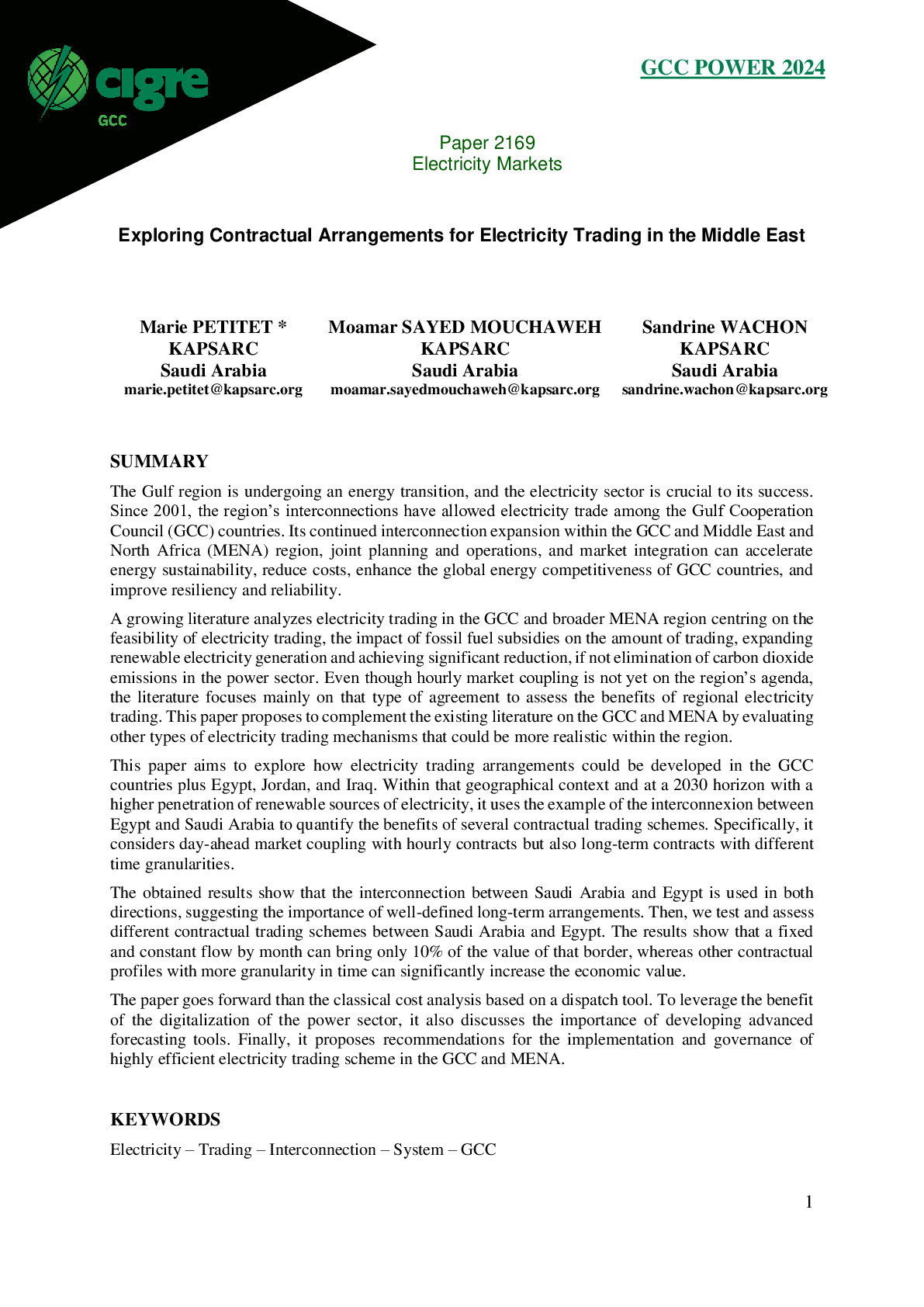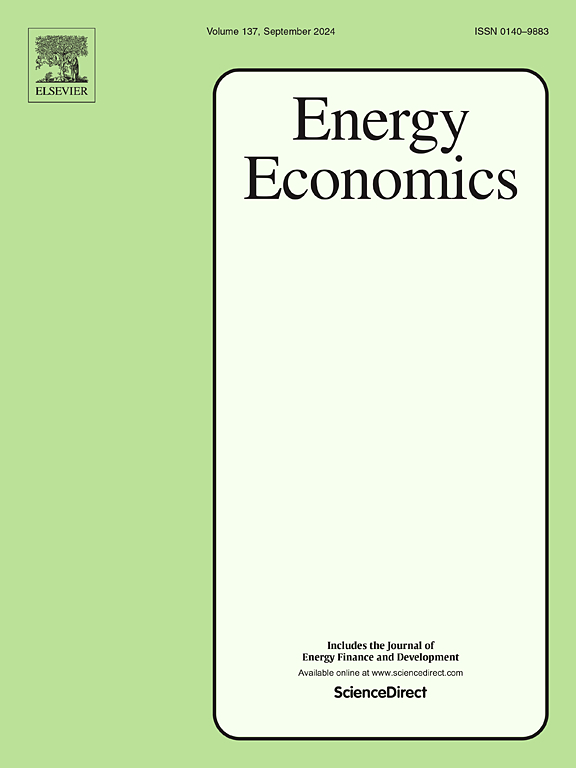Probabilistic cost-benefit analyses of the reliability, resiliency, and adaptability of electric power systems can inform policymakers on how to efficiently reduce the frequency, magnitude, duration, and costs of power outages; how to cost-effectively improve the integration of variable and intermittent renewables; and how to enhance equitable outcomes. The elements needed for these analyses are available, and the computations are reasonably tractable due to the rapid improvements in the computational ability to conduct tens of thousands of detailed power system simulations quickly.




